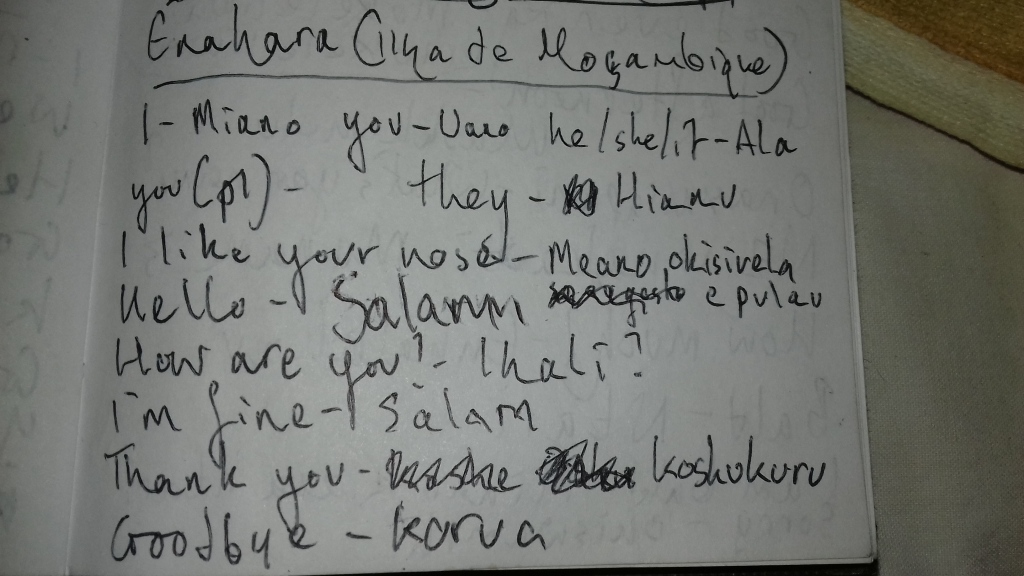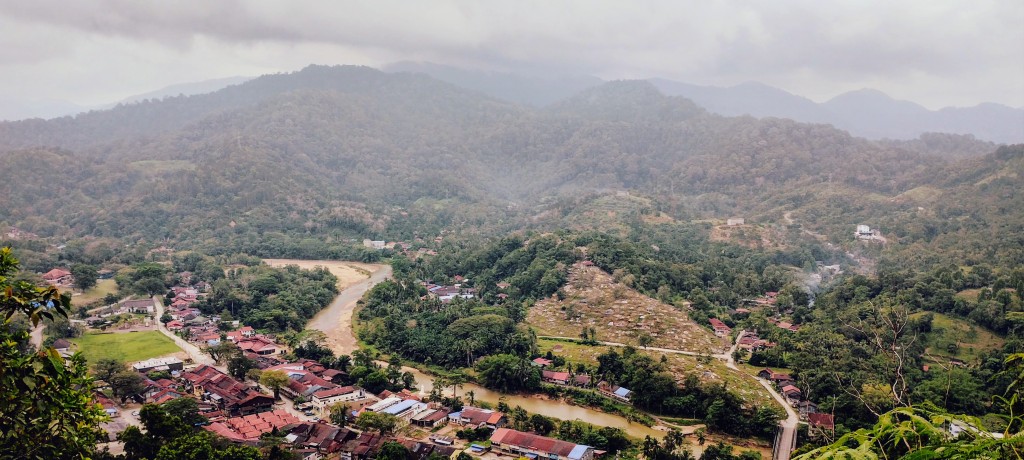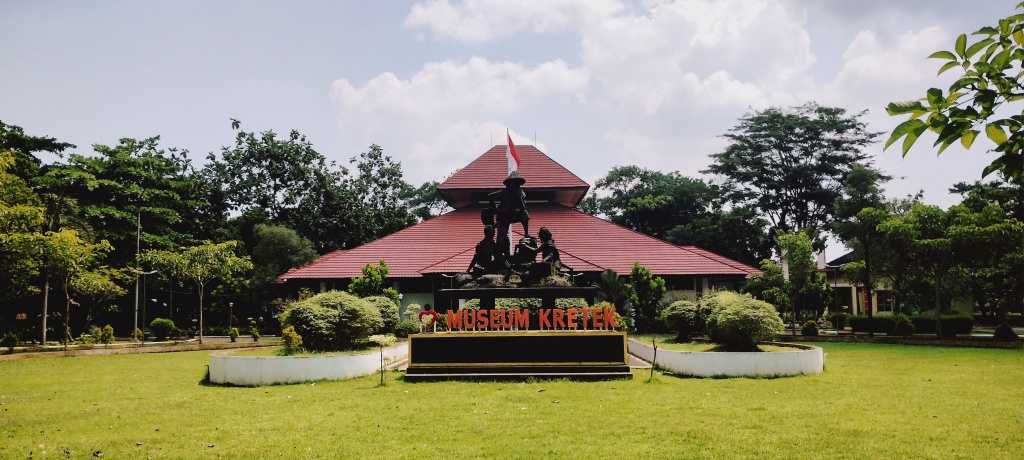For those whose tastes extend to the linguistic, Mozambique Island / Ilha de Moçambique offers a distinct dialectic morsel: Enahara. This vernacular – derived from Mahkuwa, the country’s most widely spoken indigenous language – is prevalent in Nampula province and centres on Mozambique’s former capital.
Enahara is a coastal dialect in northern Mozambique spoken primarily on Ilha de Moçambique. However, Ilha is a small place and not home to so many speakers, leaving the link as a largely symbiotic one. To hear Enahara spoken is to be transported to the wide-open Rua dos Combatentes and its glorious sea views. In the distance, Fort Sao Sebastiao maintains its vigil from the island’s north as its sibilant counterpart, Cobra Island, solemnly guards the southern tip. All around, the tropical heat casts a delightful shimmer as Ilha’s fragrant, storied past reveals itself.
(Language Editor: Our Xangana guide should prove useful too.)
African History
Recognition as a UNESCO World Heritage Site positions this former trade centre as an African icon. Goan, Arabic, Swahili, Portuguese and French visitors all left their indelible mark: the spirits left by such disparate influences insinuate themselves in the characterful colonial buildings, picturesque mosques and hoving churches. The atmosphere is at once crumbling and bucolic. A cool breeze, gently aiding the dhow fishing boats as they ebb in the shallow seas, creates a bubble through which time inexorably passes, but ever so slowly.

It is here the dialect comes to the fore. The kinetic, warm rhythm reflects its island setting and brings a sense of timelessness; centuries of this African landmark’s sun-baked history remain encoded within the lilt of Enahara.
(Mozambique Editor: As with our Xangana primer, we won’t pretend it’s anywhere near definitive. It isn’t, and it’s probably riddled with holes. Instead, think of this primer as the result of trying to understand Ilha as much as possible. That said, if anybody gets help from it, let us all rejoice, for we’ve done something right.)
Unleash the Enahara
| English | Enahara |
| I | Miano |
| You | Vano |
| He / She /It | Ala |
| I’m fine | Salam |
| Thank you | Koshukuru |
| Goodbye | Korua |
| My name is … | Nzinanakalti … |
| Nice to meet you | Eukitzivela / Oodsuwela |
| Good morning | Mosheleliwa |
| Good afternoon | Mashkomulu |
| Good evening | Mokeleliwa |
| How much? | Enhalakavi? |
| Yes | Ayo |
| No | Nada |
| Sorry | Okiswamiki |
| Bald | Ntari |
| I am bald | Minao kiana ntari |
| I like to learn | Miano okisivela otsuwela |
| I like your nose | Miano okisivela epulau |








Leave a comment